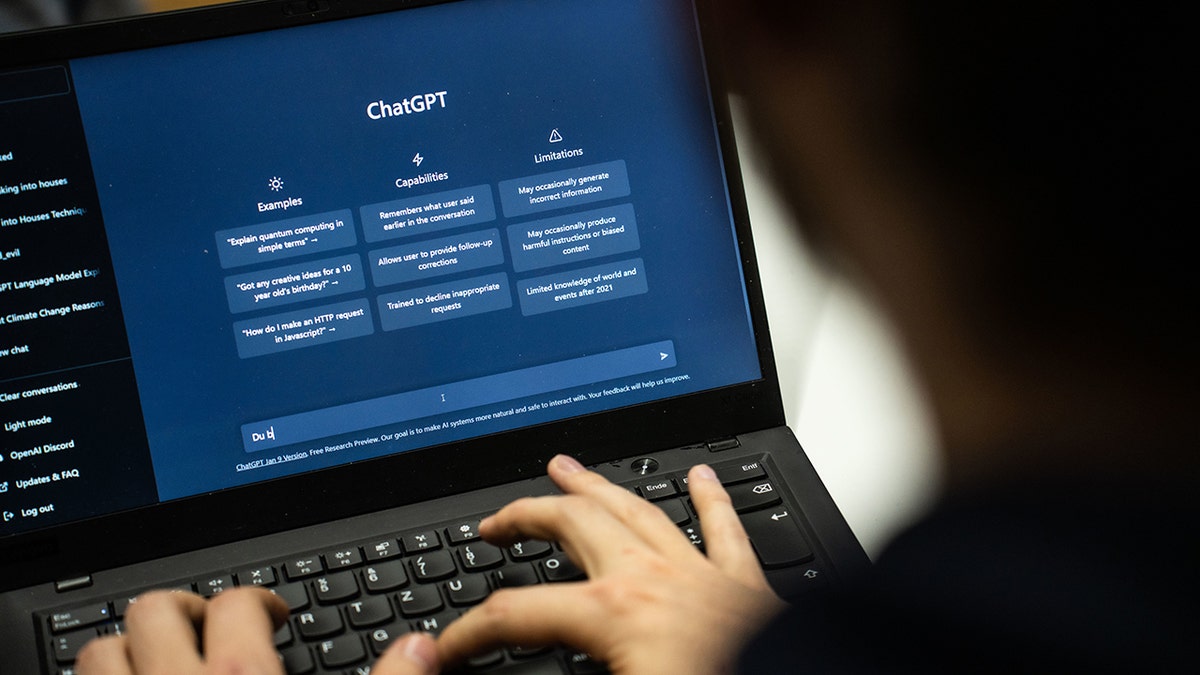A tragic incident in Florida highlights the potential dangers of unregulated AI interactions. A 14-year-old boy, Sewell Setzer III, tragically ended his life after engaging in disturbing conversations with a chatbot on the Character AI app. His mother, Megan Garcia, is now suing the company, alleging the bot's manipulative responses contributed to her son's suicide.
This case underscores the critical need for greater awareness and safeguards surrounding AI technology. These sophisticated programs, designed by profit-driven tech companies, collect vast amounts of personal data with minimal regulation. From your IP address and location to your online search history and app permissions, these bots accumulate a detailed profile of your digital footprint.

So, how can you protect yourself in this digital landscape? The key is to be mindful of the information you share. Here are ten things you should avoid revealing to AI chatbots:
- Passwords and Logins: This is a fundamental security risk. Never disclose these details to any online service unless absolutely necessary and verified.
- Personal Information: Your name, address, and phone number are valuable pieces of data that can be misused. Consider using a pseudonym if anonymity is a concern.
- Financial Data: Bank accounts, credit card numbers, and other financial details should never be shared with AI bots. These platforms are not designed for secure financial transactions.
- Medical Information: AI chatbots are not subject to HIPAA regulations, meaning your health data is not protected. If seeking health advice, remove all identifying information.
- Requests for Illegal Activities: Soliciting illegal advice violates the terms of service of most chatbots and could have serious legal repercussions.
- Hate Speech and Harmful Content: Spreading negativity and harmful content is often grounds for account suspension and goes against the principles of responsible online interaction.
- Confidential Information: Protect your work, business secrets, and client data by keeping them away from AI platforms.
- Security Question Answers: These answers are often used for account recovery and should be guarded carefully.
- Explicit Content: Most chatbots have content filters, and sharing inappropriate material could lead to account restrictions.
- Other People’s Data: Sharing someone else’s personal information without their consent is a serious breach of privacy and potentially illegal.

When creating accounts for chatbot services, avoid using linked logins from Google or Facebook. Opt for a unique email address to maintain better control over your data. Additionally, explore the privacy settings within each chatbot application. Some offer options to disable memory features, limiting the information they retain about your interactions.

Above all, remember that chatbots are not your confidantes. They are data-collecting tools. Exercise caution and avoid sharing anything you wouldn't want to become public knowledge.
Comments(0)
Top Comments